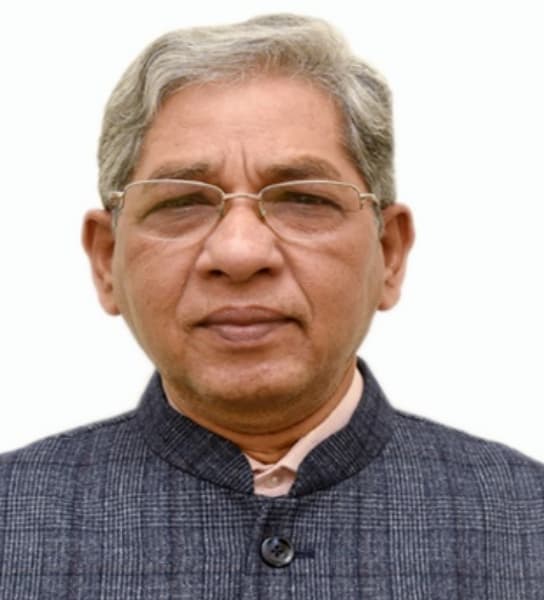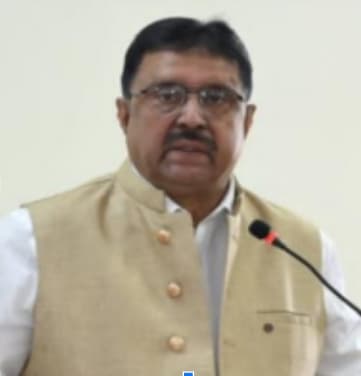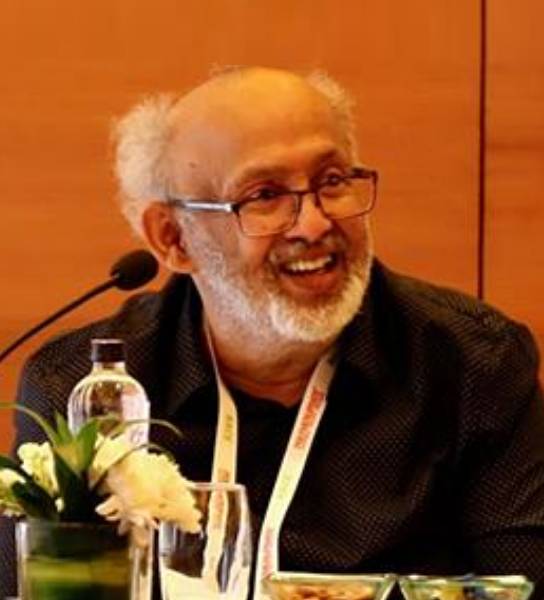Dr. Mukesh Khare
IIT Delhi
Clean Air Zone: Its Role and Effectiveness in Air Quality Management in Urban Areas
ABSTRACT
In today’s world which is quickly urbanizing, deteriorating air quality has emerged as an important concern for cities. Clean Air Zones (CAZs) have become an essential strategy for addressing this problem and providing a successful method of managing air quality. A Clean Air Zone defines an area where targeted action is taken to improve air quality and resources are prioritized and coordinated in order to shape the urban environment in a way that delivers improved health benefits and supports economic growth. Cities have designated Clean Air Zones where strict air pollution control measures are put into place, especially focusing on vehicle emissions. These actions could include limiting the use of high-emission vehicles, creating low-emission zones, implementing congestion pricing plans, and providing incentives for using more environmentally friendly modes of transportation. By discouraging high-emission vehicles from entering these zones, Clean Air Zones (CAZs) reduce harmful pollutants like nitrogen oxides (NOx) and particulate matter, which has an immediate positive impact on the health of city dwellers, particularly those who are susceptible to respiratory conditions. The success of clean air zones depends upon several factors such as the geographic scope, the rigour of regulations, public engagement, and the availability of sustainable transport options.
ABOUT THE SPEAKER
Dr. Mukesh Khare is a Professor Emeritus of Environmental Engineering in the Department of Civil Engineering at IIT Delhi. He is the Fellow of Institution of Engineers India and Fellow of Wessex Institute of Great Britain. He is a Chartered Engineer. He obtained his Ph.D. degree in the Faculty of Engineering from Newcastle University, UK and has managed a range of Environmental projects throughout his professional career. With a specialization in air quality modelling, Prof. Khare’s experience has covered research and development studies, teaching, consulting, modelling, and editorial activities. In addition, Prof. Khare has authored more than 200 research publications, primarily for peer-reviewed journals and conference proceedings. Besides this, Prof. Khare has authored more than 5 books and contributed several chapters for various publishing houses in urban air quality monitoring, modelling and management. Prof. Khare has been serving as a member in High Level Task Force (HLTF) at Prime Minister Office. Prof. Khare has also been working as Member, Environmental Appraisal Committees (Infrastructure-I and Non-Coal Mining), Ministry of Environment and Forests and Climate Change, Government of India. Prof. Khare has also been in various Public Sector Undertakings as Director in their respective Boards of Director.







